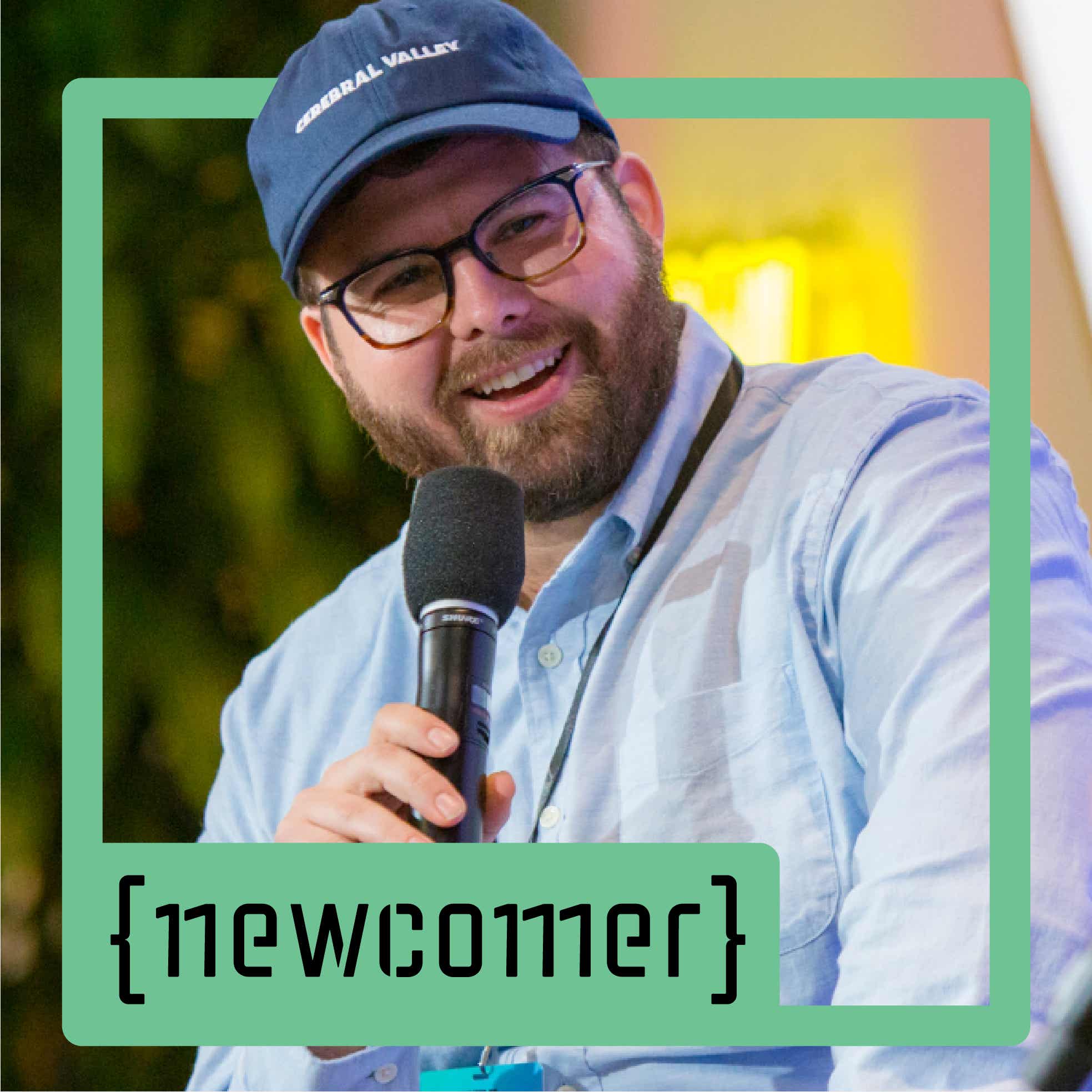The State of Consumer Investing With Benchmark's Sarah Tavel
Description
It’s been a sad state of affairs for consumer companies not named TikTok.
Poparazzi just shut down. (At least some of the team went to Instagram.) Popshop is struggling. The venture capital firm Benchmark helped establish both companies as consumer startups to watch by leading their Series A rounds.
Sarah Tavel, who led the investment in Poparazzi and has worked closely with Popshop, agreed to come on the Newcomer podcast to talk about the brutal state of consumer startups. “Our deep belief at Benchmark is that our job is not to predict the future, but to try as best we can to see the present clearly,” Tavel told me.
Of course, it’s not just Benchmark’s once high-flying startups that are reeling. Andreessen Horowitz audio company Clubhouse laid off more than half of its employees. Hype for the photo company BeReal seems to be dying down. (Searches for the company’s name on Google are at less than half their peak.)
“It is a really tough environment right now to build that type of company,” Tavel said about startups building for consumers. “It’s always been difficult, but the level of difficulty has been turned all the way on. Because right now, anybody building something in consumer has to compete with the most addictive consumer format that we’ve ever had — which is short video.”
Tavel, who co-led an early investment in Pinterest and then became the company’s first product manager, talked through some of the most promising opportunities in startups. Artificial intelligence seems poised to create new consumer startups. Tavel flagged the legal artificial intelligence company EvenUp, which just raised at a $350 million valuation from Bessemer, as one such promising startup. I marveled at the bootstrapped rise of Midjourney.
But, of course, many generative AI startups, especially ones building foundation models, are raising such large rounds that it can be difficult for a firm like Benchmark to rationalize an investment.
We also talked about one of Tavel’s most successful investments at Benchmark, Chainalysis. The blockchain data company raised $170 million at $8.6 billion last year. The New York Times wrote a glowing profile of the company last month.
Tavel, who doesn’t like to announce her startup investments, revealed that she has secretly invested in an unannounced NFT company.
“Crypto is a bad word now,” Tavel told me. “It’s really hard to train consumers to trust something again — once a consumer has made a first impression. It’s much easier to teach a user a first impression than to rewrite that first impression.”
Finally, I asked Tavel to give us a peek behind the curtain at Benchmark. Fortune’s Jessica Mathews recently interviewed Benchmark’s Bill Gurley about his decision to step back.
Mathews wrote:
“The venture business, if you want to be at the top, requires insane, remarkable hustle… You have to live in fear that the next Google is going to get funded by a firm that’s not yours,” he says. “Either you’re in there rowing as hard as you can, because we’re all a team, or you’re not.”
That said, he still has strong instincts about the future of tech. “If I were still active as a venture capitalist, I’d be looking at a lot of the vertical applications of A.I. I look at the coding stuff, and it’s insane… If you’re not using it, I think you’re probably writing your own death certificate as a programmer, because people are going to be so much more efficient. And the question is: What are other applications that have that kind of productivity boost or lift, and I think people are trying to figure that out.”
But in the end, it was a book by Steve Martin, Born Standing Up, that helped convince Gurley it was time to step back. “One day, [Martin] is in Vegas and he comes out, and the top row is empty, the first time he’s ever seen the top row empty. He quits the next day—never does standup again. And then he goes off and he does his
More Episodes
This is probably my favorite episode of the year. We just updated our picks for our artificial intelligence startup fantasy draft. That means dropping startups whose star is fading and making new pickups.
Last year, Max Child, James Wilsterman, and I drafted the most promising generative AI...
Published 11/13/24
Published 11/13/24
We’re back with a couple episodes of the Cerebral Valley Podcast leading up to our summit on November 20.
I’m joined by my Cerebral Valley AI Summit co-hosts Max Child and James Wilsterman.
On this episode, we started by talking about the thing on everyone’s minds — the election of Donald Trump...
Published 11/09/24


